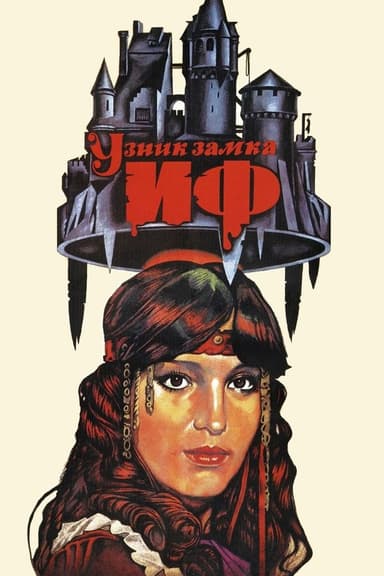
The Four Musketeers
1974 • Action, Adventure, Comedy, Drama • PG
The Four Musketeers defend the queen and her dressmaker from Cardinal Richelieu and Milady de Winter.
Runtime: 1h 46m
Why you should read the novel
Reading Alexandre Dumas' classic novel, The Three Musketeers, offers a rich literary experience that the film cannot fully capture. The book immerses you in a world of complex characters, intricate political intrigues, and emotionally resonant storylines. Dumas' vivid descriptions and masterful pacing create a swashbuckling atmosphere that allows you to savor every twist and turn of the plot at your own rhythm.
While The Four Musketeers movie presents the story in a condensed form, the original novel offers a much deeper exploration of friendship, honor, and betrayal. The camaraderie between D’Artagnan, Athos, Porthos, and Aramis is developed with nuanced dialogue and backstory, allowing readers to understand the motivations and internal conflicts of each character. Unlocking the layers of Dumas’ prose reveals how timeless themes resonate across centuries.
Finally, the historical context and rich tapestry of 17th-century France come to life far more vividly in the novel. Dumas weaves real events and figures seamlessly with fiction, granting readers a fascinating glimpse into the society and culture of the time. Picking up the original text is an invitation to an epic journey, one far more substantial and rewarding than any visual adaptation.
Adaptation differences
One of the main differences between The Four Musketeers (1974) and Dumas' original novel lies in the film's structure and pacing. The filmmakers split Dumas’ sprawling narrative from The Three Musketeers into two movies—The Three Musketeers (1973) and The Four Musketeers (1974)—which means the story in the film is far more episodic and emphasizes big cinematic set pieces over gradual character development. This break changes the tone and continuity, resulting in some abrupt transitions and exclusions that streamline but also flatten the intricacies of the book.
Characterization also diverges significantly in the adaptation. The movie tends to simplify the musketeers’ personalities, making them more comedic or broadly drawn than their literary counterparts. Subtle nuances, such as Athos's haunted past and complex relationship with Milady de Winter, are condensed or only briefly referenced, whereas the novel takes time to build these relationships with depth and pathos. Milady herself is transformed from a truly menacing and psychologically complex antagonist into a somewhat less nuanced villain.
The film adaptation alters or omits several key scenes and subplots from the original story. For example, elaborate political machinations and the depth of Cardinal Richelieu’s scheming are minimized, shifting focus toward action and slapstick humor. Intricate details, such as the musketeers’ various personal struggles and the full scope of their loyalty to the Queen, are truncated or left out, making the film’s plot appear more straightforward but less emotionally resonant.
Lastly, the ending and certain character fates are reimagined for cinematic effect. The moral ambiguity and harsh realities faced by the musketeers in the novel give way to a slightly more sanitized and less tragic depiction in the film. The book’s exploration of themes such as justice, revenge, and sacrifice is portrayed with far more ambiguity and moral complexity than the more black-and-white resolution offered in the movie, giving readers a much richer philosophical experience.
The Four Musketeers inspired from
The Three Musketeers
by Alexandre Dumas


















